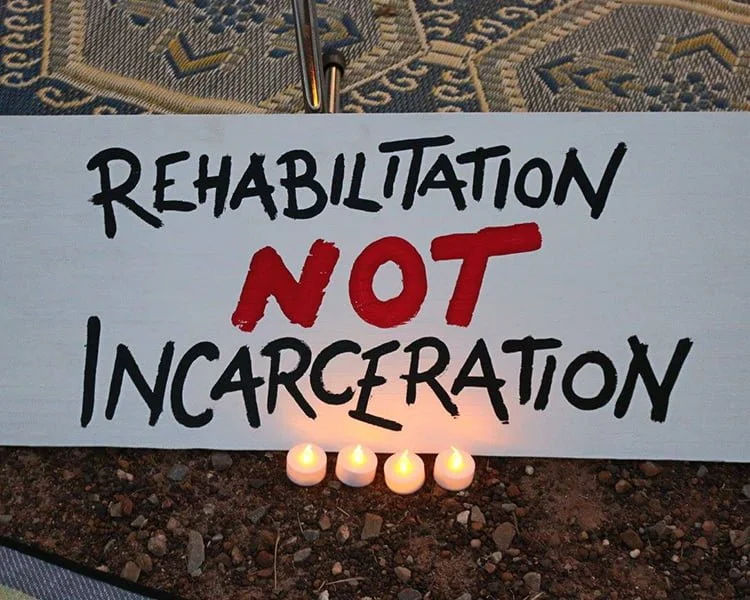Australia’s Northern Territory (NT) has lowered the age of criminal responsibility, allowing children as young as ten to be jailed once again.
Australian states and territories have been pressured to raise the age from 10 to 14, aligning with other developed countries and UN recommendations.
Last year, the NT raised the threshold to 12 years old, but the newly elected Country Liberal Party (CLP) government argues that lowering the age is necessary to address youth crime rates.
Despite opposition from doctors, human rights organisations, and Indigenous groups, the government believes that lowering the age to 10 will ultimately protect children. Critics argue that the laws will not reduce crime and will disproportionately impact Aboriginal and Torres Strait Islander children.
The NT currently incarcerates children at a rate 11 times higher than any other jurisdiction in the country, with the majority being Aboriginal.
Youth crime crises have been declared in many parts of Australia, leading to the implementation of youth curfews in the NT city of Alice Springs following a series of violent incidents this year.

Chief Minister Lia Finocchiaro contends that the government has a mandate to lower the age of criminal responsibility after their election victory and believes that the change will allow courts to provide young offenders with programs addressing the root causes of their crimes, which are primarily break-in and assault offences according to statistics.
The NT government has also implemented stricter bail rules and introduced penalties for those who “post and boast” about crime on social media.
Finocchiaro stated, “We make no apologies for delivering on our commitments to reduce crime for all Territorians.”
Despite the government’s stance, research both globally and in Australia has demonstrated that incarcerating children increases the likelihood of reoffending and has negative impacts on their health, education, and employment.


